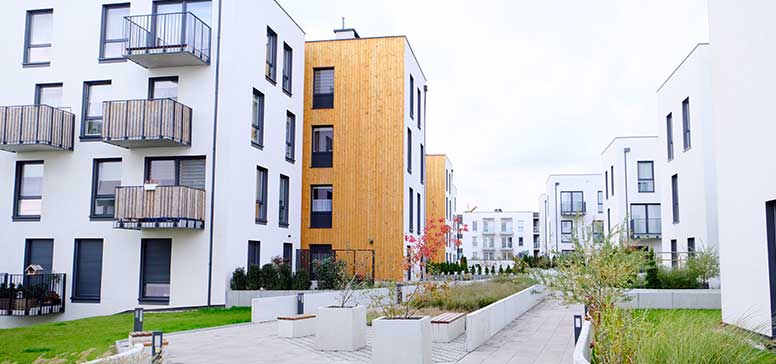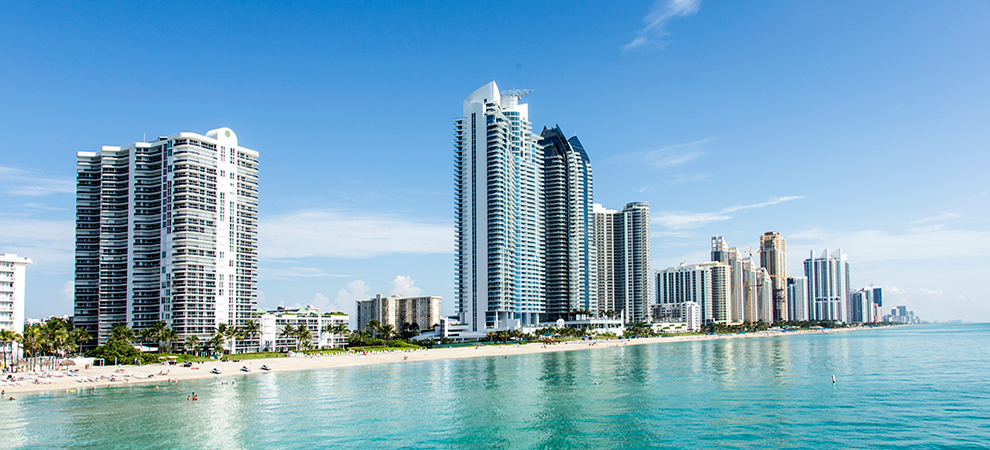Top Myths Regarding HOA Condo Life Debunked
Top Myths Regarding HOA Condo Life Debunked
Blog Article
The Role of an HOA in Developing and Enforcing Community Guidelines for Homeowners
The function of a Homeowners Association (HOA) in enforcing and establishing area standards is essential to maintaining a cohesive and organized domestic environment. By creating clear policies that regulate aspects such as residential or commercial property upkeep and area conduct, the HOA not just sets criteria for citizens however also cultivates a feeling of belonging and accountability.
Understanding Home Owners Associations
Homeowners associations (HOAs) act as regulating bodies for residential areas, playing a critical function in maintaining building values and cultivating a feeling of community. Commonly developed by developers, HOAs are made up of home owners within a designated location who choose a board to supervise the organization's activities. The key functions of an HOA consist of imposing area rules, handling common locations, and arranging neighborhood occasions.
HOAs operate under a collection of regulating records, including constraints, covenants, and conditions (CC&R s), which detail the rights and obligations of home owners. These regulations aim to make certain that residential properties are kept to a certain requirement, consequently shielding the aesthetic appeal and general value of the neighborhood. In addition, HOAs often gather fees from house owners to money upkeep, landscape design, and various other community services.
The presence of an HOA can considerably affect the living experience within a community (hoa condo). While some homeowners value the organized setting and services given, others might locate particular laws limiting. Stabilizing the passions of all home owners is essential for an HOA to function effectively, ensuring that it serves its intended objective of boosting area living while appreciating private property owner legal rights
Developing Community Standards

To begin, an HOA should conduct surveys or convene that allow residents to voice their concerns and recommendations. This participatory process fosters a sense of possession and raises conformity. Next off, the HOA board need to examine the comments to identify common motifs and concerns that necessitate official incorporation in the guidelines.
It is likewise necessary to guarantee that the standards are clear, concise, and easily recognized. Ambiguities can cause misunderstandings and conflicts, weakening the purpose of the standards. In addition, the guidelines ought to be comprehensive, covering numerous elements of community living, consisting of residential property maintenance, sound degrees, and use of usual areas.
Enforcement of Rules
Efficient enforcement of area policies is essential for keeping order and making sure that all residents abide by the developed guidelines. An HOA has to execute a structured technique to impose these laws, which typically involves a mix of monitoring, communication, and fines for non-compliance.
First, routine examinations and neighborhood patrols can help determine offenses, ensuring that policies are continually applied across the area. This proactive tracking enables the HOA to resolve issues prior to they rise, fostering a sense of liability amongst residents.
Second, clear interaction is essential. Citizens need to be educated of the guidelines and the procedures for reporting infractions. An open line of interaction urges residents to voice issues and seek explanation on standards, which can enhance compliance.
Lastly, when infractions happen, the HOA should implement repercussions as laid out in the governing papers. This might consist of advising letters, penalties, or, in extreme instances, lawsuit. It is necessary that penalties are applied fairly and regularly to preserve count on within the neighborhood. By efficiently imposing rules, an HOA can cultivate an unified living setting that shows the collective values of its homeowners.
Benefits of HOA Rules
Countless advantages arise from the execution of HOA laws, which serve to improve the lifestyle within a neighborhood. One primary advantage is the maintenance of residential property values. By enforcing standards for aesthetics and maintenance, HOAs guarantee that homes and common locations remain attractive, promoting a desirable living setting that can result in increased building values in time.
Furthermore, HOA check over here laws promote consistency and harmony within the community. This comprehensibility in design and maintenance aids to create a feeling of belonging amongst locals, adding to community satisfaction and a positive environment. Additionally, developed standards facilitate dispute resolution amongst neighbors by offering clear assumptions and protocols for behavior, consequently minimizing disputes.
One more considerable advantage is the provision of shared facilities and services. Lots of HOAs handle area centers such as clubs, swimming pools, and parks, which boost recreational opportunities for locals. These facilities not only enhance the lifestyle however likewise urge social interaction.
Ultimately, the regulations established forth by an HOA grow a well-organized, Get More Info unified community, making certain that homeowners appreciate a high criterion of living while fostering a helpful atmosphere for all property owners.
Typical Challenges Faced by HOAs
Among the advantages that homeowners organizations (HOAs) can offer, they additionally come across a variety of obstacles that can hinder their performance. Numerous home owners may not get involved in meetings or area activities, leading to a separate between the HOA board and citizens.
Conflicts can emerge when residents feel that enforcement is irregular or prejudiced, possibly leading to conflicts within the neighborhood. In addition, HOAs frequently deal with economic constraints, which can limit their capability to preserve usual locations or fund neighborhood tasks.
Additionally, navigating lawful complexities can be discouraging for HOAs. Advancing and altering demographics area needs need HOAs to adjust their guidelines, often satisfying resistance from long-standing citizens who are accustomed to standard norms.
Final Thought

By developing clear regulations that govern elements such as property upkeep and area conduct, the HOA not only establishes criteria for residents however additionally fosters a feeling of belonging and liability.Homeowners associations (HOAs) serve as regulating bodies for residential communities, playing a crucial role in preserving residential property worths and fostering a sense of community. Lots of home owners might not participate in meetings or neighborhood activities, leading to a separate between the HOA board and locals. Transforming demographics and advancing neighborhood needs call for HOAs to adjust their guidelines, frequently meeting resistance from enduring citizens that are accustomed to standard standards. With the growth of clear laws and regular enforcement, HOAs advertise property maintenance, community pride, and count on among locals.
Report this page